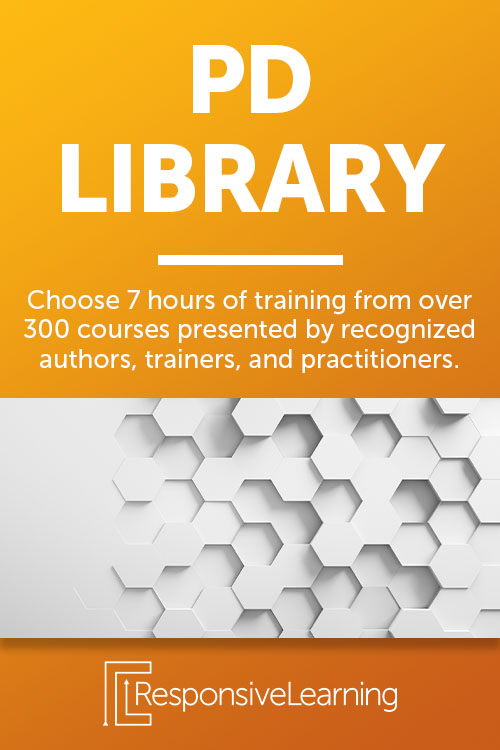SPED educator Ayo Jones knows what it’s like to not have an effective team when it comes to the special education department. On more than one occasion, she’s had a student show up to her classroom with no notice. Ms. Jones was completely unprepared for them. She didn’t have a desk, a name tag, or any information about their needs.
This kind of handoff is chaotic and can lead to so much stress for both the teacher and the student. It can disrupt services and leave the new teacher unable to meet their student’s needs.
What causes an information breakdown like this? Ms. Jones says it all comes back to ineffective teams.
Teamwork makes the dream work
Effective teams are one quality indicator that separates good special education departments from great ones. Rarely does anyone set out to create a dysfunctional team, but good teams don’t just happen by accident. If we aren’t proactive, we’ll end up with teams that don’t function very well.
While we would all love to show up on the first day of work and find ourselves in a well-functioning team, that’s not how it usually happens. Ms. Jones says that education is kind of like an arranged marriage —- you never know what you’re going to get.
We don’t have any control over who our students or coworkers are, but that doesn’t mean we’re stuck with a dysfunctional team. There are many things that educators can do to improve their SPED teams.
What makes a good team?
So how do you go from functioning on a basic level to achieving team greatness?
According to Ms. Jones, the best teams recognize the strengths and weaknesses of each member, have good communication, and can collaborate with parents and administrators to solve problems.
Ms. Jones has plenty of ideas to help your teams communicate better. For example, let’s consider the poor handoffs mentioned earlier. Ms. Jones created a list of questions for educators to ask the previous teacher to help them learn more about their students and what they need.
The questions are:
- Tell me about the student’s academics, behaviors, and communication
- What are the student’s personal care needs?
- Is there anything else I should know about this student?
Using these questions will help you and the previous teacher both be on the same page so that you can best meet your student’s needs.
Good communication is just one of the elements that indicate a high-quality team.
Take your team to the next level
In this 1-hour course from Noodle Nook, Ms. Jones uses her years of SPED experience to help teachers learn the 10 steps to creating student-centered special education teams. If you’re looking for ways to improve your special education department and to support your students, you’ll love this course from Ms. Jones.
After taking the course, Quality Indicators in SPED — Effective Teams, you’ll understand more about:
- A good handoff
- Student needs
- Cohesive teams
- Administration
- Parents
- Team meetings
- Data
- Collaboration
- Confidentiality
This course is designed especially for educators who play a part in the SPED process.
Let’s build a better team
If you’re ready to learn more about ways to create a stronger SPED department, check out the demo of this course, Quality Indicators in SPED — Effective Teams.

